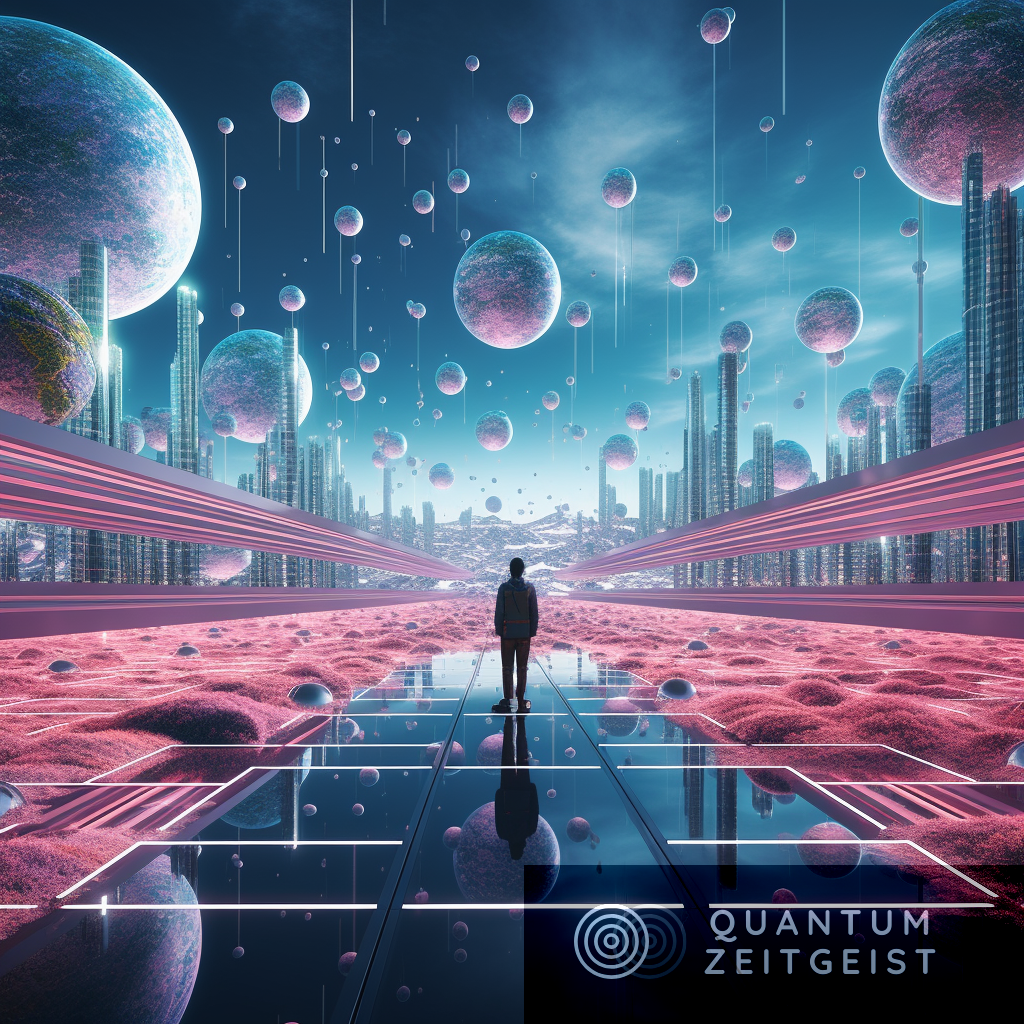The idea that our reality might be a simulation has been a topic of philosophical debate for centuries. With the advent of advanced computational technologies and artificial intelligence, this age-old question has gained new momentum. Scientists, philosophers, and tech visionaries have weighed in on the “simulation hypothesis,” proposing arguments and counterarguments based on empirical evidence, logical reasoning, and technological trends.
Timeline of Simulation Thinking
Ancient Philosophers: Philosophers like Plato have, in essence, touched upon this idea with allegories like the “Cave,” suggesting that our perceived reality might be a shadow of the true one.
1960s: The concept of parallel universes gains traction in the scientific community, laying the groundwork for the multiverse theory.
1970s-1980s: With the rise of computer technology, scientists and thinkers began to draw parallels between our reality and computational simulations.
2003: Nick Bostrom, a philosopher from Oxford University, published a paper titled “Are You Living in a Computer Simulation?” He argued that one of the following must be true: civilizations go extinct before reaching a “post-human” stage, post-human cultures aren’t interested in running ancestral simulations, or we are almost certainly living in a simulation. Source: Bostrom’s Paper
2010s: Elon Musk, the tech entrepreneur, has publicly stated that there’s a high probability that we’re in a simulation, basing his argument on the rapid advancement of video game technology.
Recent Years: As quantum mechanics and studies on the nature of reality advance, more scientists and thinkers are weighing in on this hypothesis, either supporting or refuting it based on empirical evidence and theoretical considerations.
Notable Scientists, Visionaries and Their Beliefs
Stephen Hawking: While Hawking didn’t directly address the simulation hypothesis, he often spoke about the nature of reality, the universe, and the limits of human knowledge. He believed in a deterministic universe until quantum mechanics introduced randomness and uncertainty.
Nick Bostrom: As mentioned, Bostrom proposed the trilemma regarding the simulation hypothesis. He believes that it’s possible we are in a simulation, but he doesn’t claim it’s probable. Bostrom’s Site. Nick published a paper titled “Are You Living in a Computer Simulation?”. He argues that if it’s possible to create a realistic simulation of a universe, it’s likely that we’re living in one.
Elon Musk: Musk has stated that the odds that we’re in “base reality” is one in billions. He bases this on the trajectory of technological advancement, especially in video games and virtual realities.
Donald Hoffman: A cognitive scientist, Hoffman proposes that our perceptions of reality are more like a user interface, hiding the complex “codes” of reality. Donald Hoffman argues that evolution has shaped our perceptions to be more about survival than about depicting the true nature of reality.
Max Tegmark: A physicist, Tegmark has explored the nature of reality through the lens of mathematics. While he doesn’t directly advocate for the simulation hypothesis, he believes that the universe’s mathematical structure suggests that it might be “mathematical” in nature.
Simulation and the Multiverse
The multiverse theory posits that our universe is just one of an infinite number of universes, each differing in various ways. This idea emerges from certain interpretations of quantum mechanics and string theory.
Quantum Mechanics: The many-worlds interpretation of quantum mechanics suggests that every quantum event spawns new universes. For instance, if a quantum particle is observed in one state in our universe, there’s another universe where it’s observed in a different state.
String Theory: This theory proposes that our universe is just one in a vast landscape of universes, each with different properties governed by the configurations of strings in higher-dimensional space.
Connecting the simulation hypothesis with the multiverse, one could argue that each simulation represents a different “universe” within a multiversal framework. If we are in a simulation, then our “simulators” might be in another universe (or simulation) of the multiverse. This recursive idea could extend infinitely, with simulations within simulations, each constituting a universe within the multiverse.
Conclusion – Are we in a Simulation?
The simulation hypothesis is a fascinating and complex topic at the intersection of philosophy, physics, and computer science. While there’s no conclusive evidence to prove or disprove it, the idea challenges our understanding of reality and pushes the boundaries of human knowledge and imagination. As technology and science advance, future discoveries might bring us closer to answering this age-old question.

